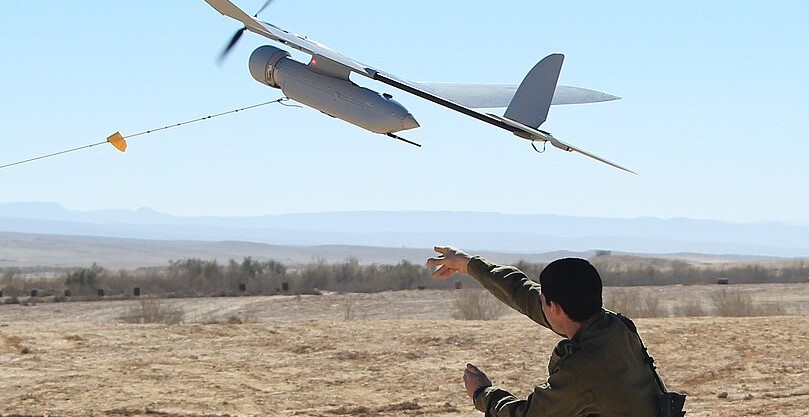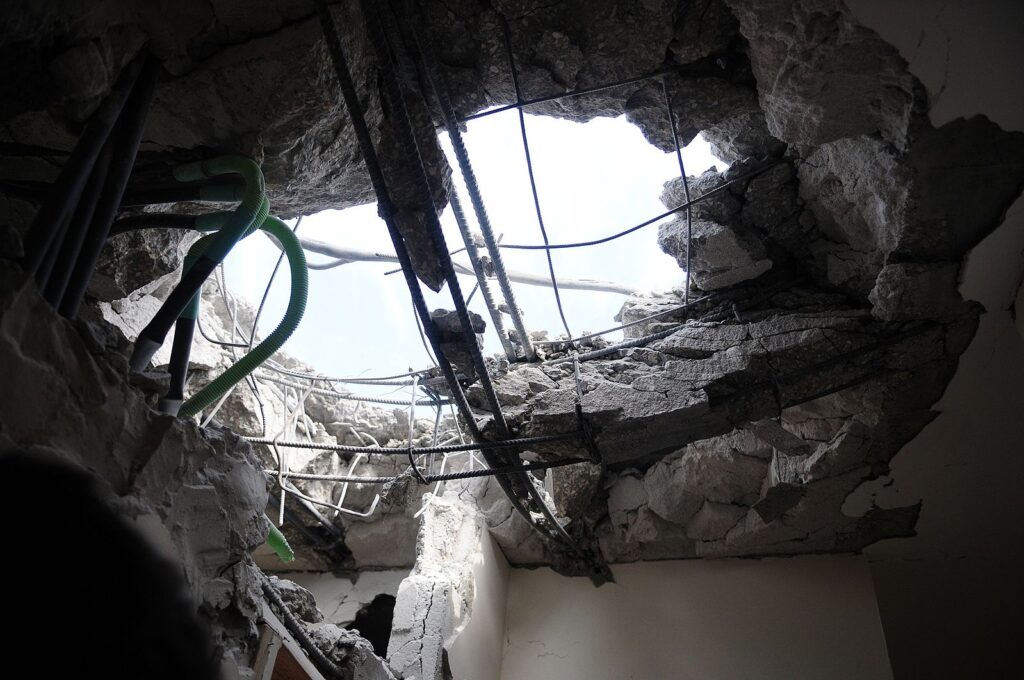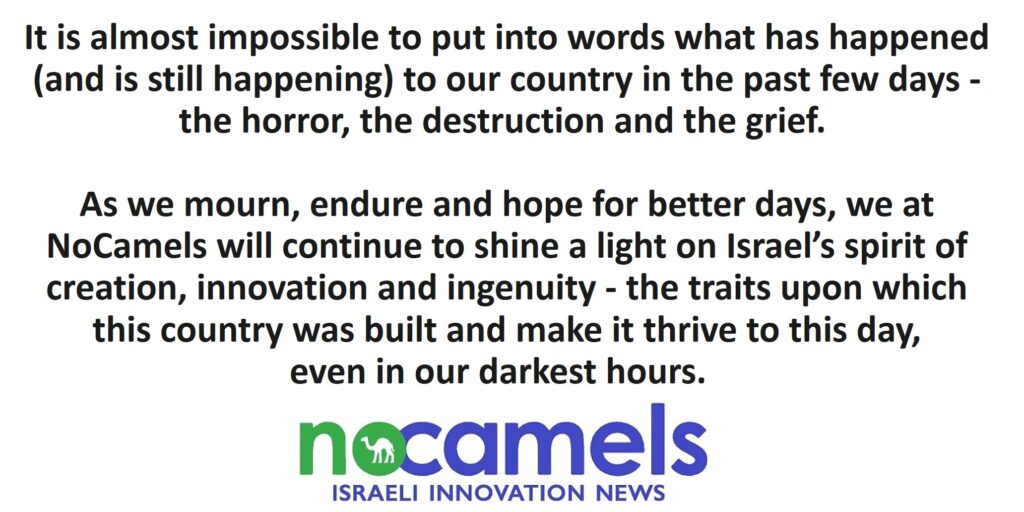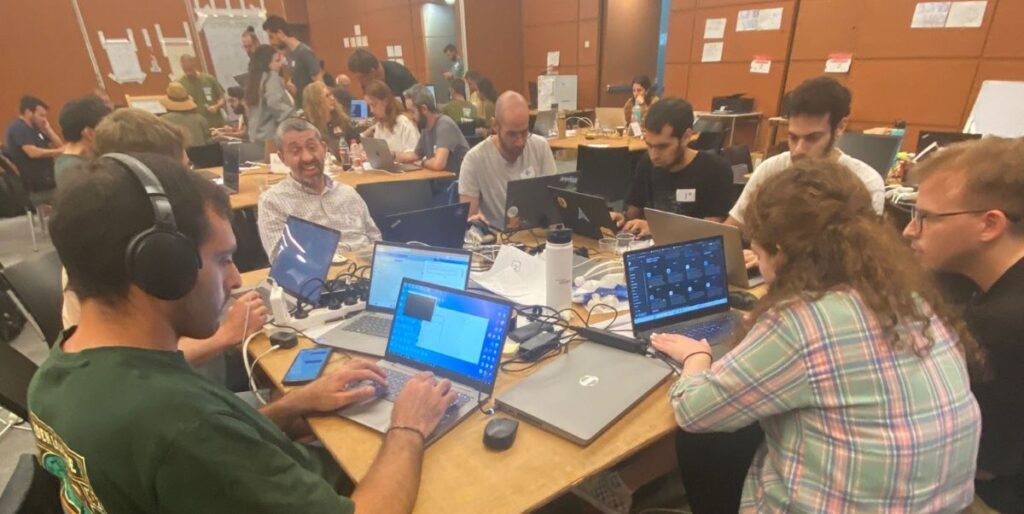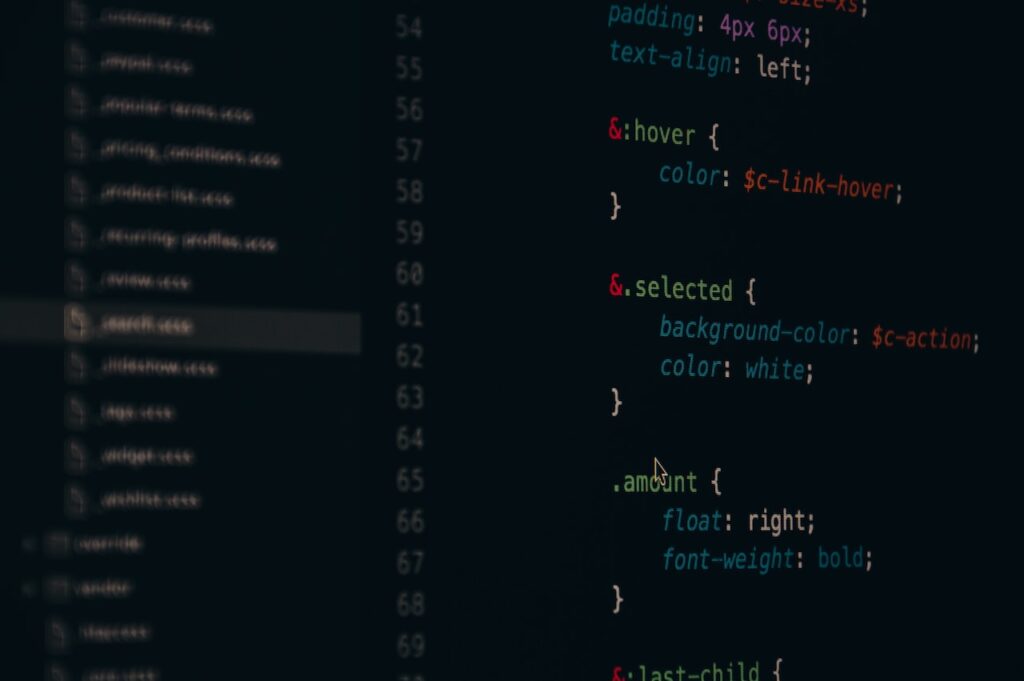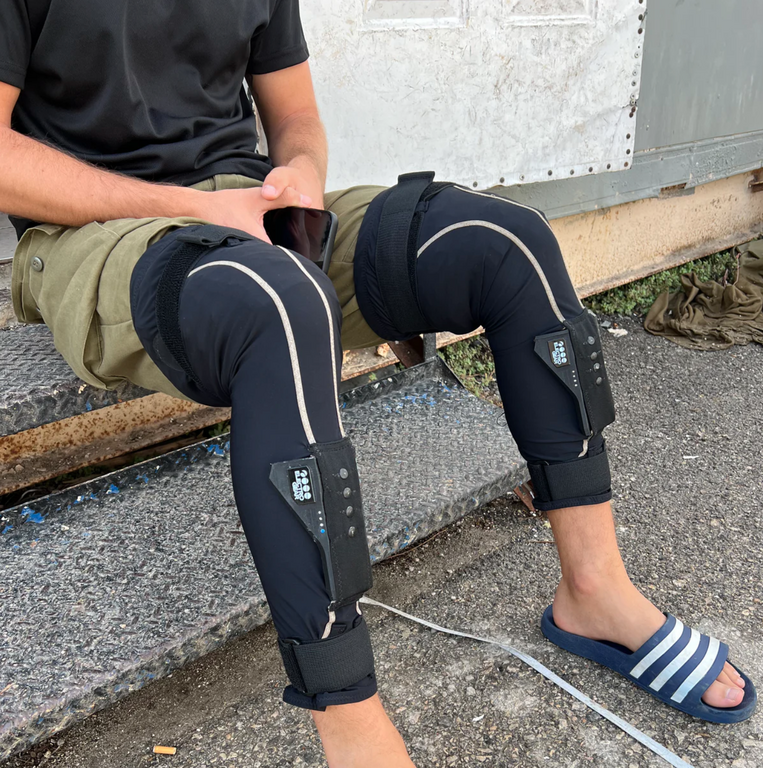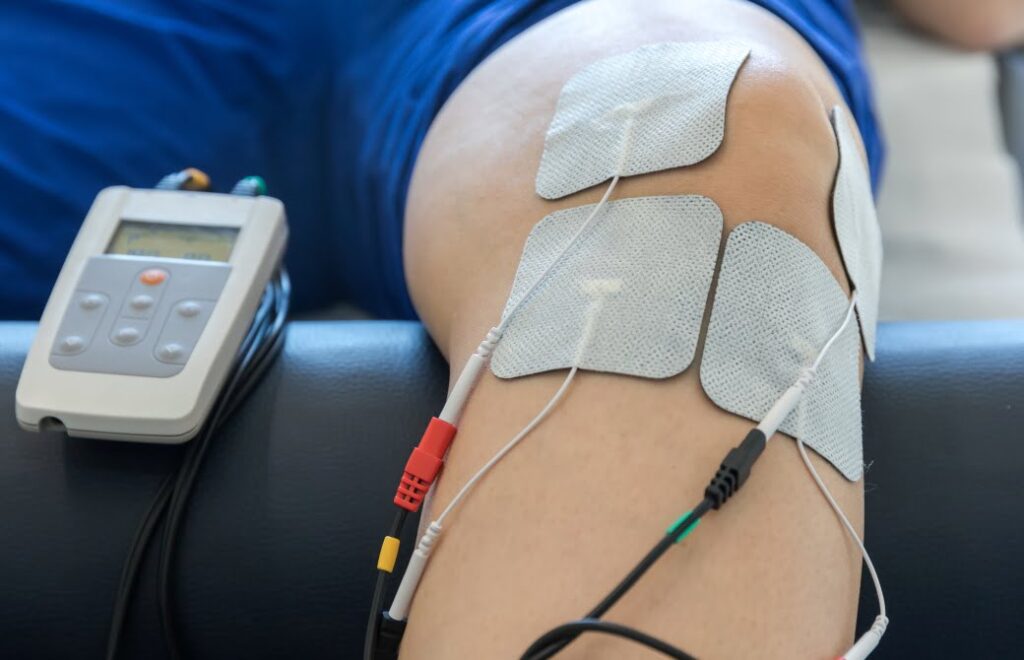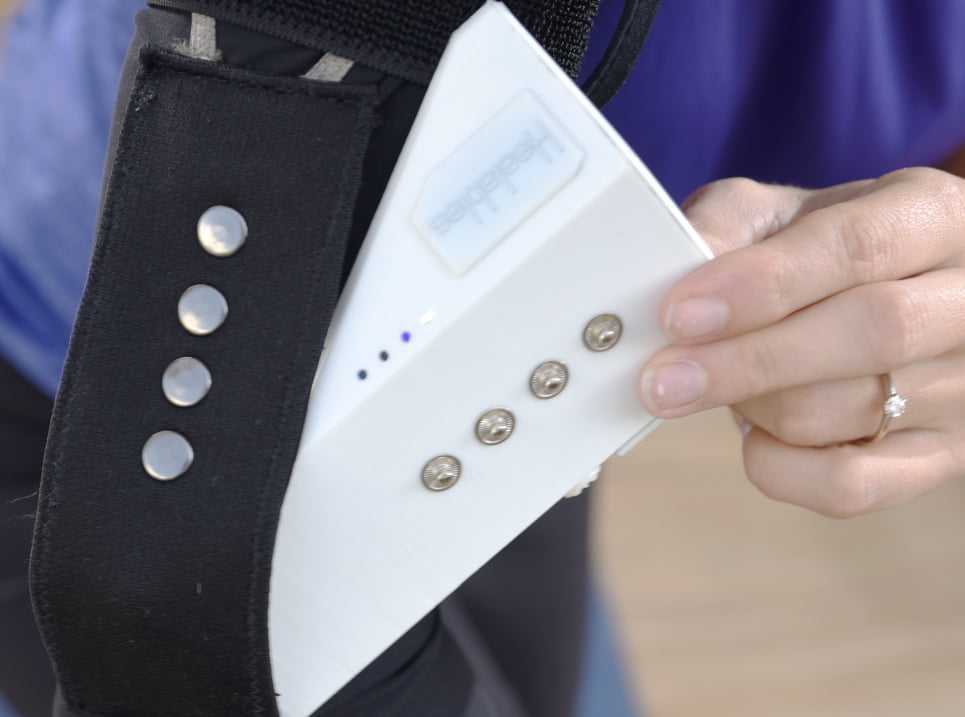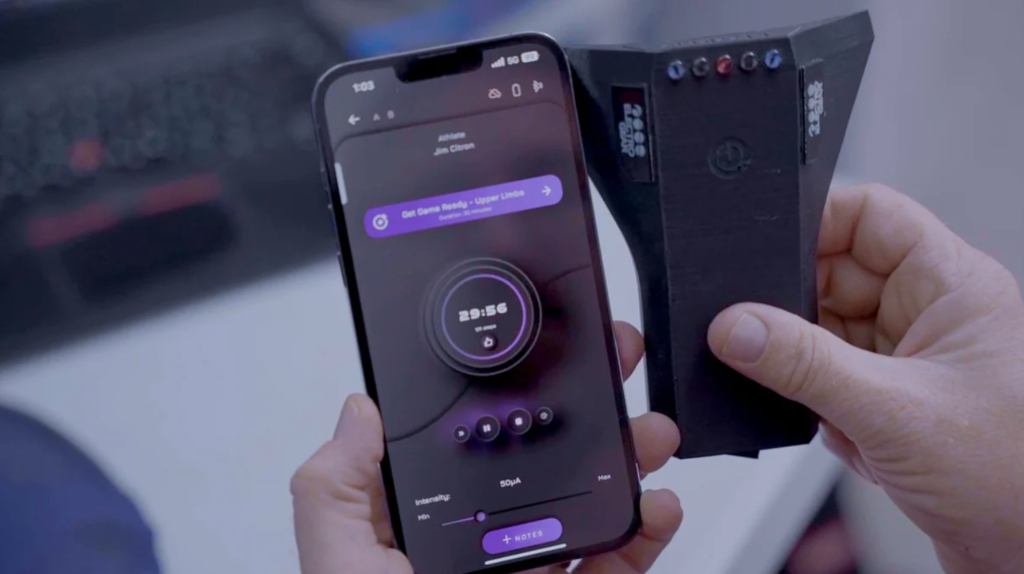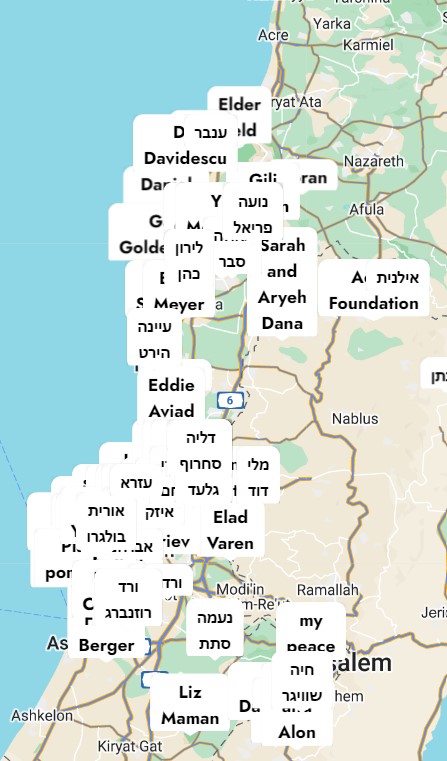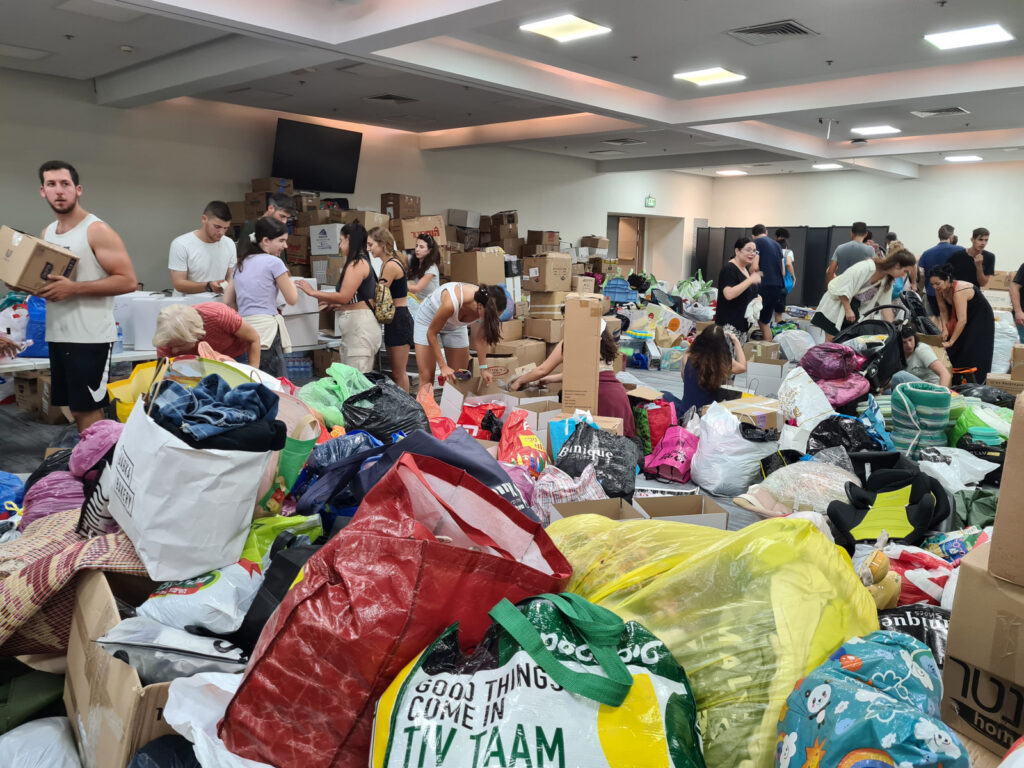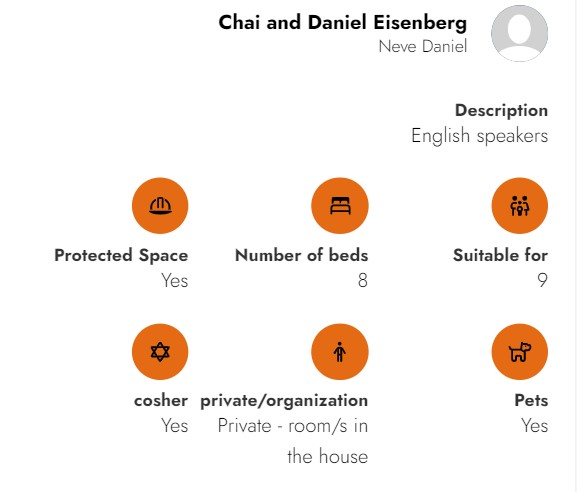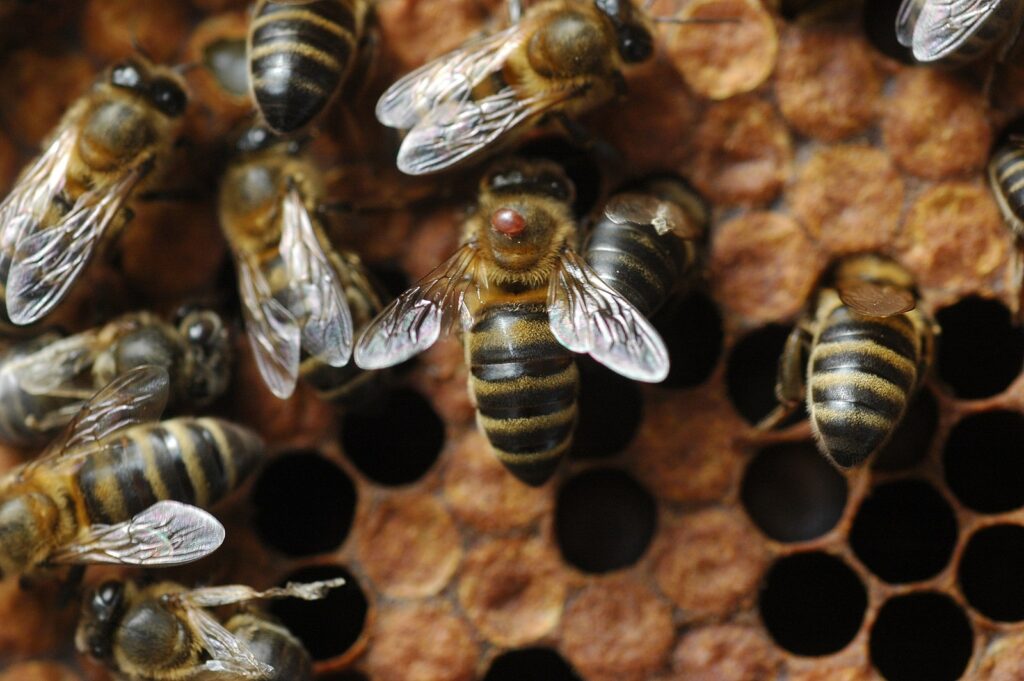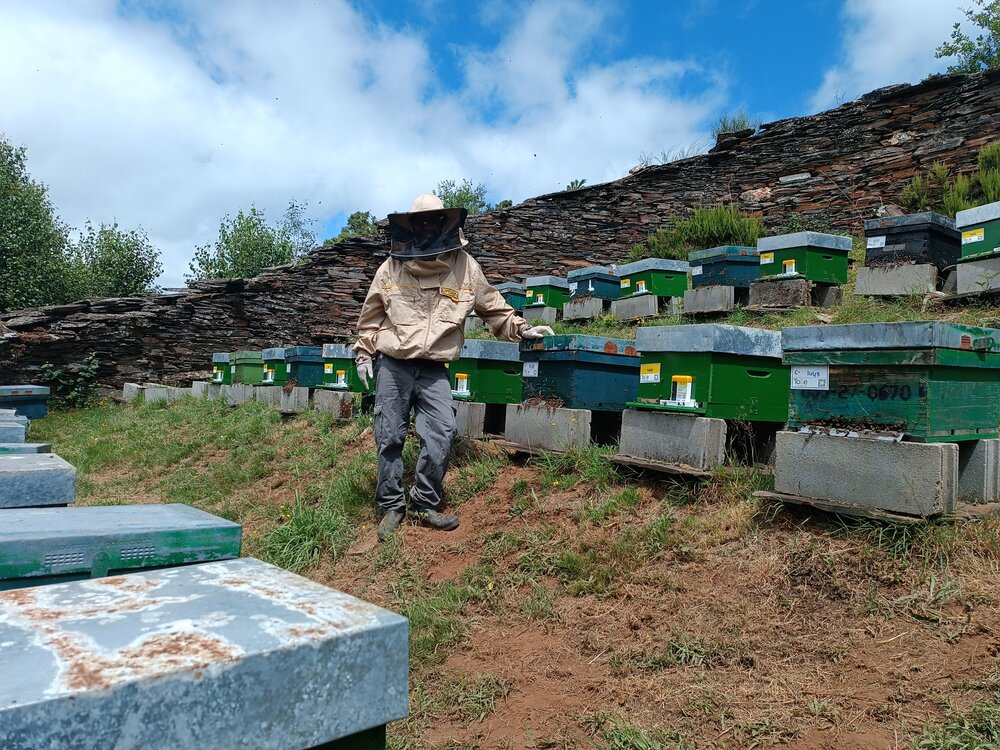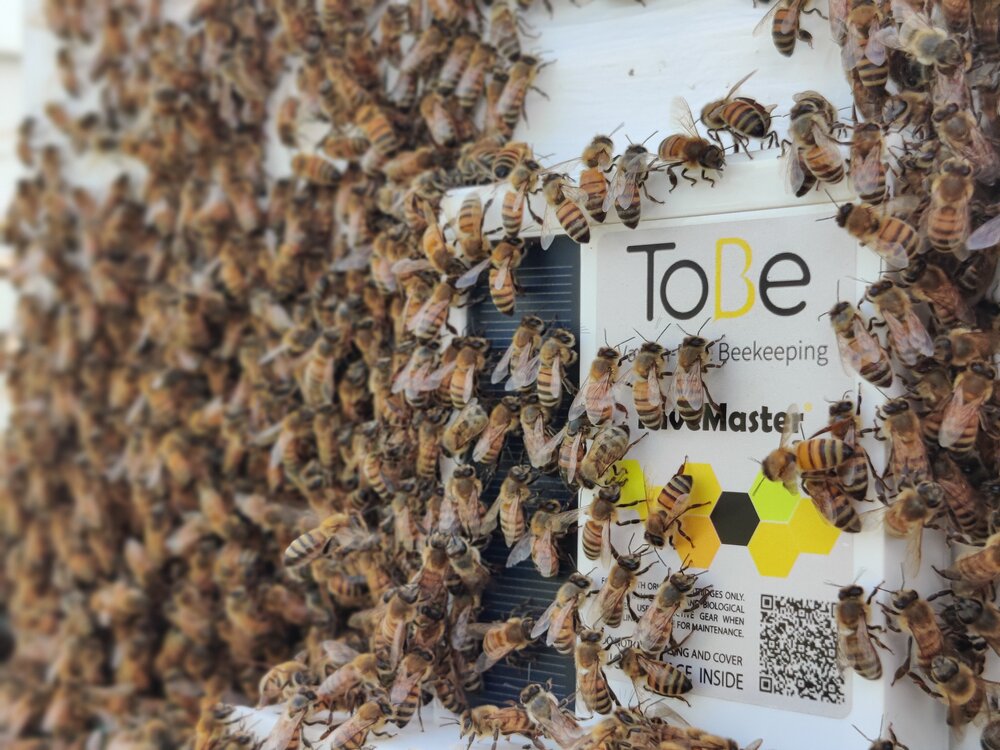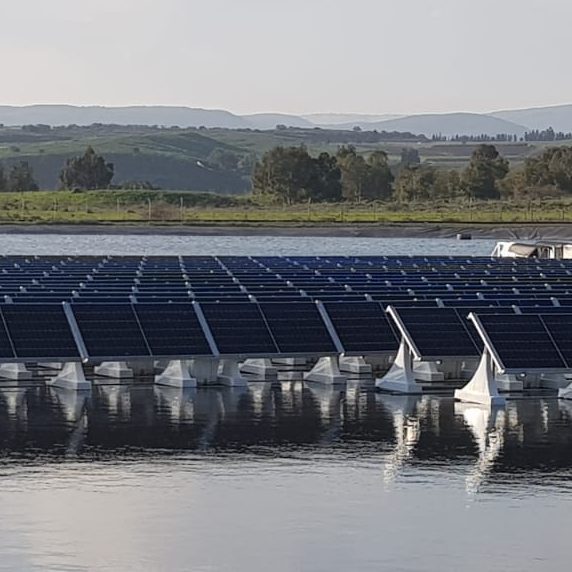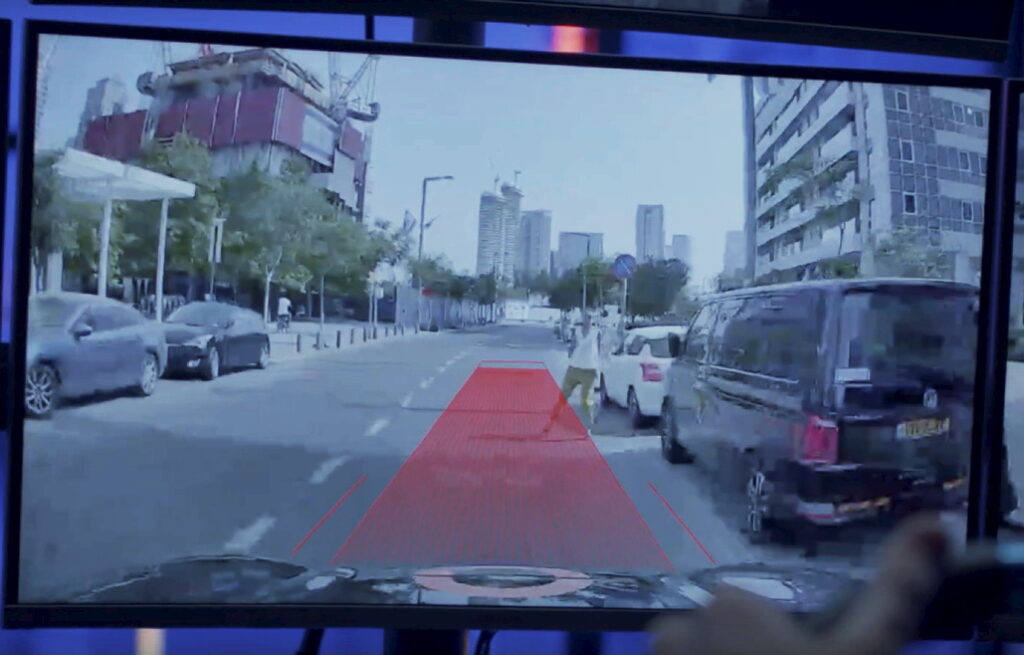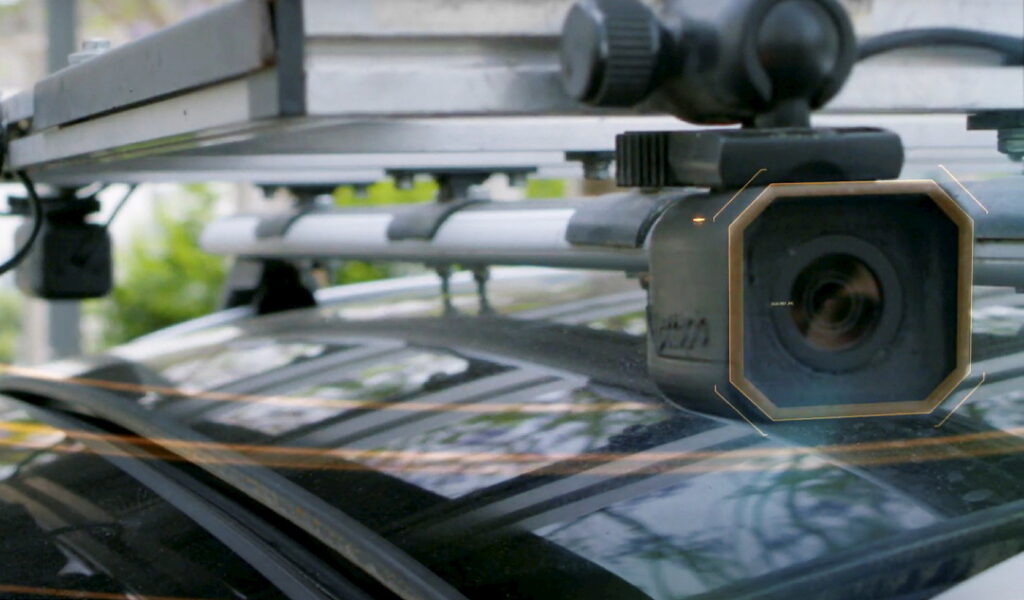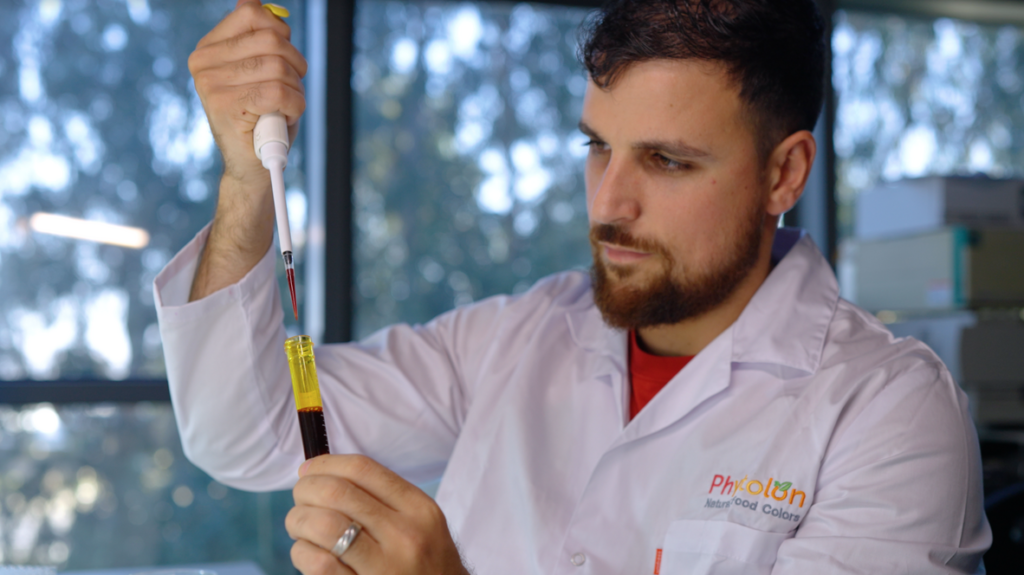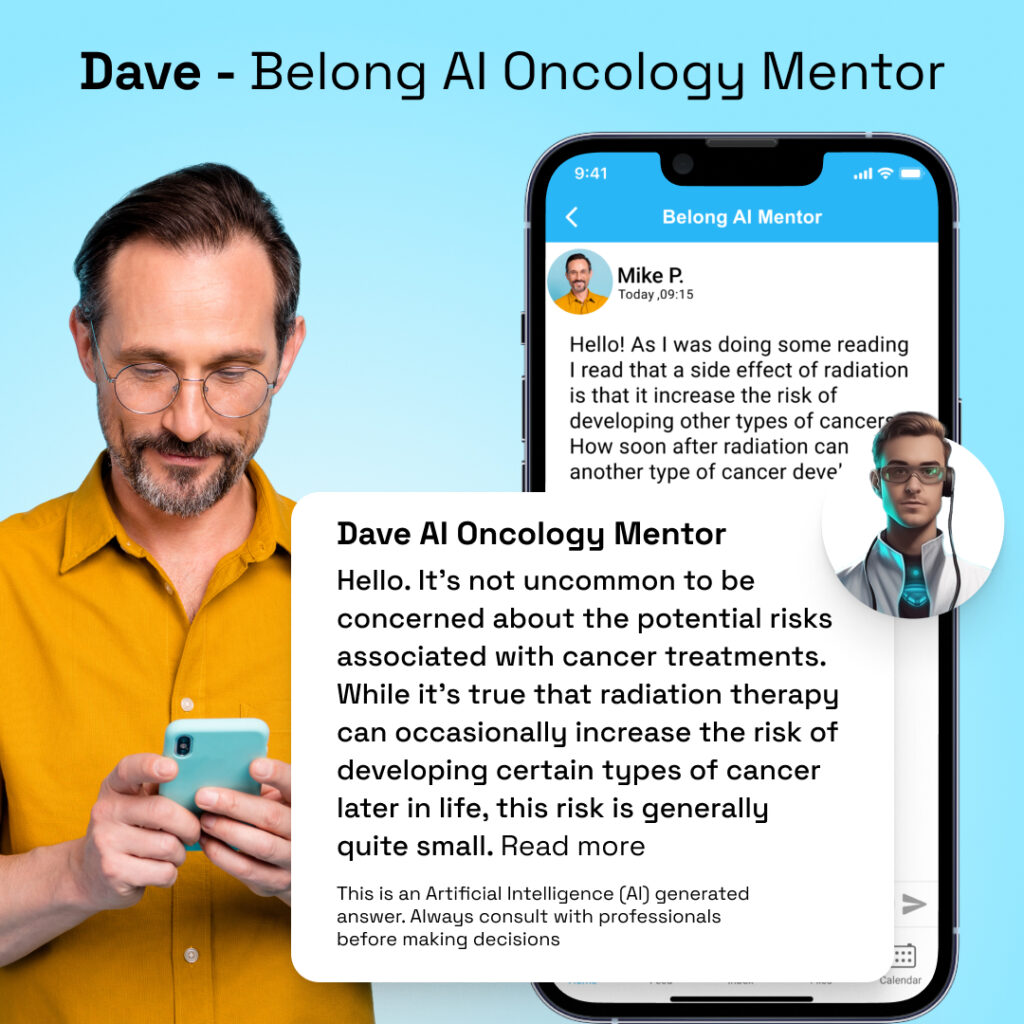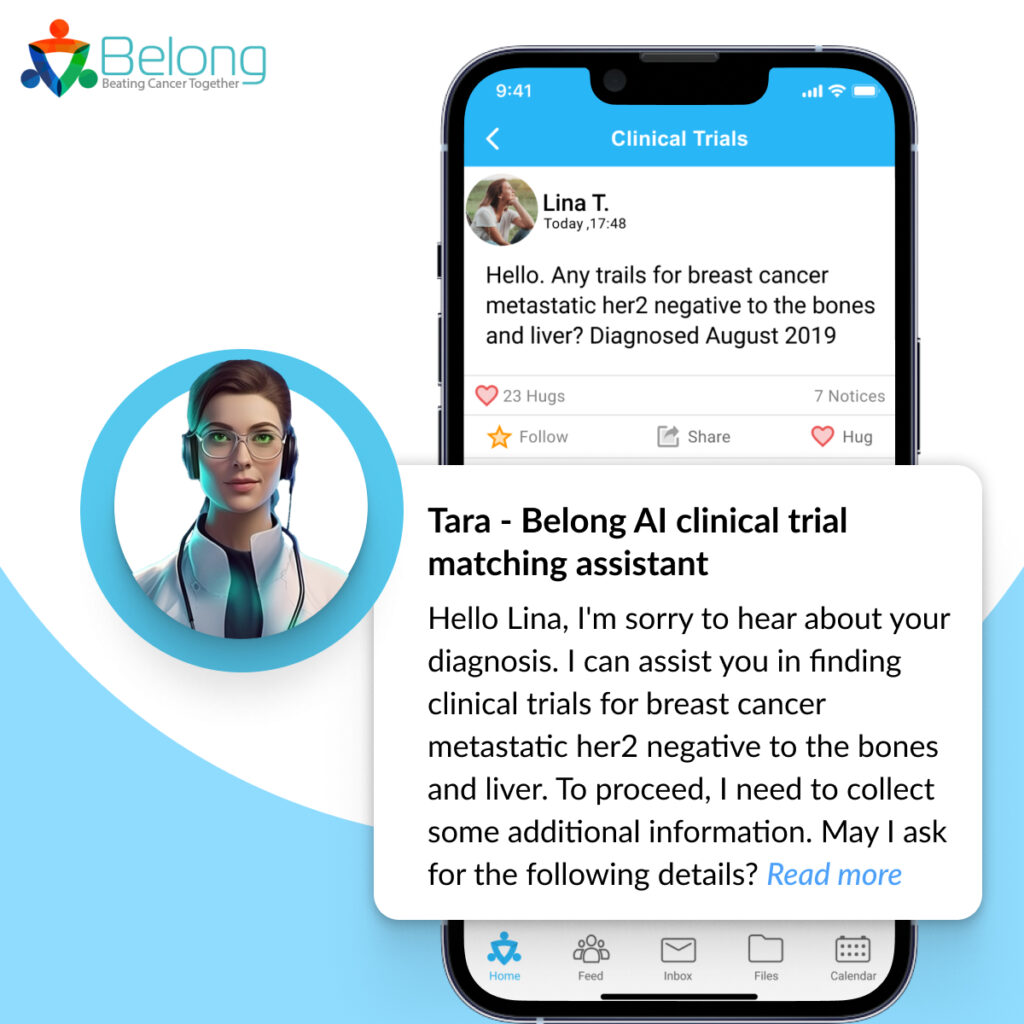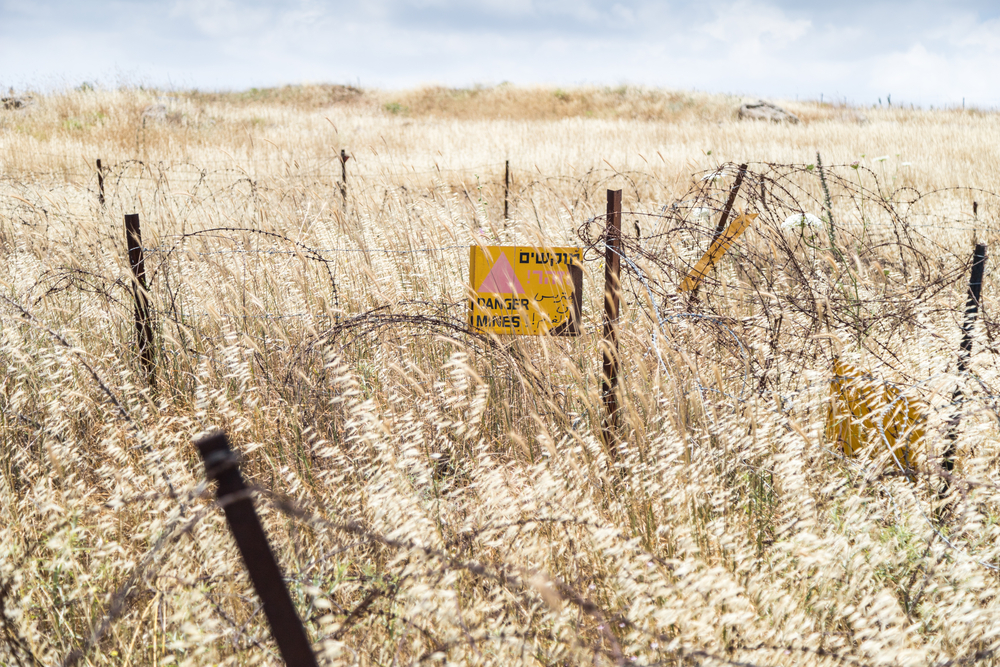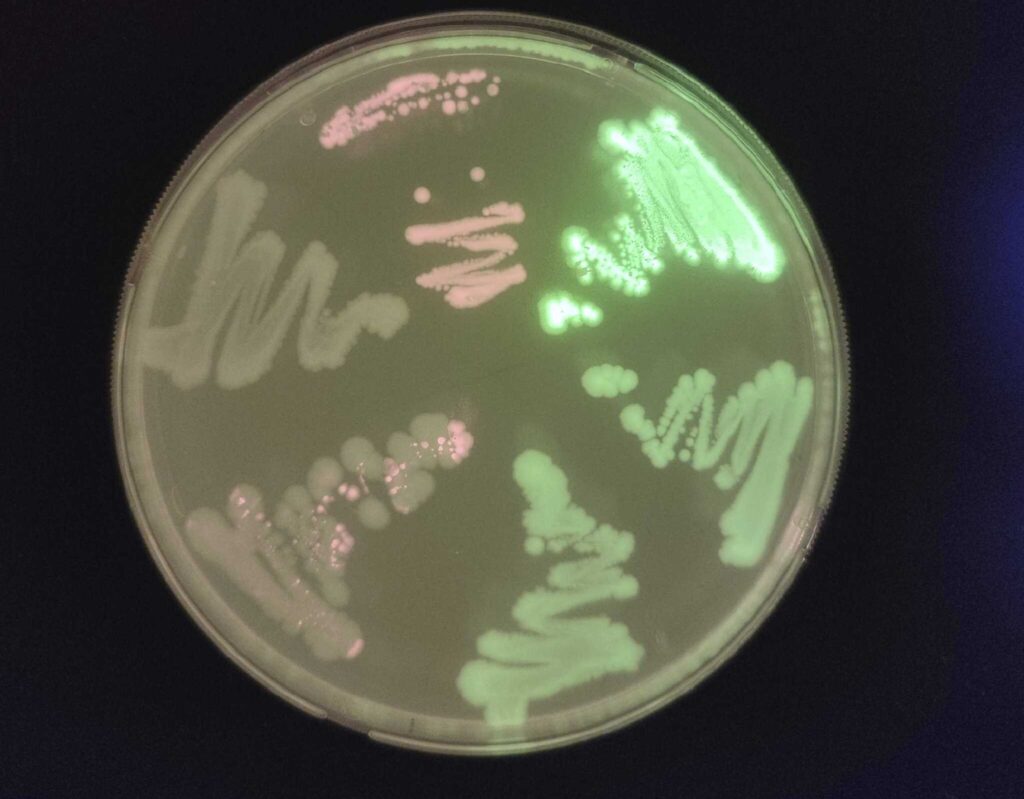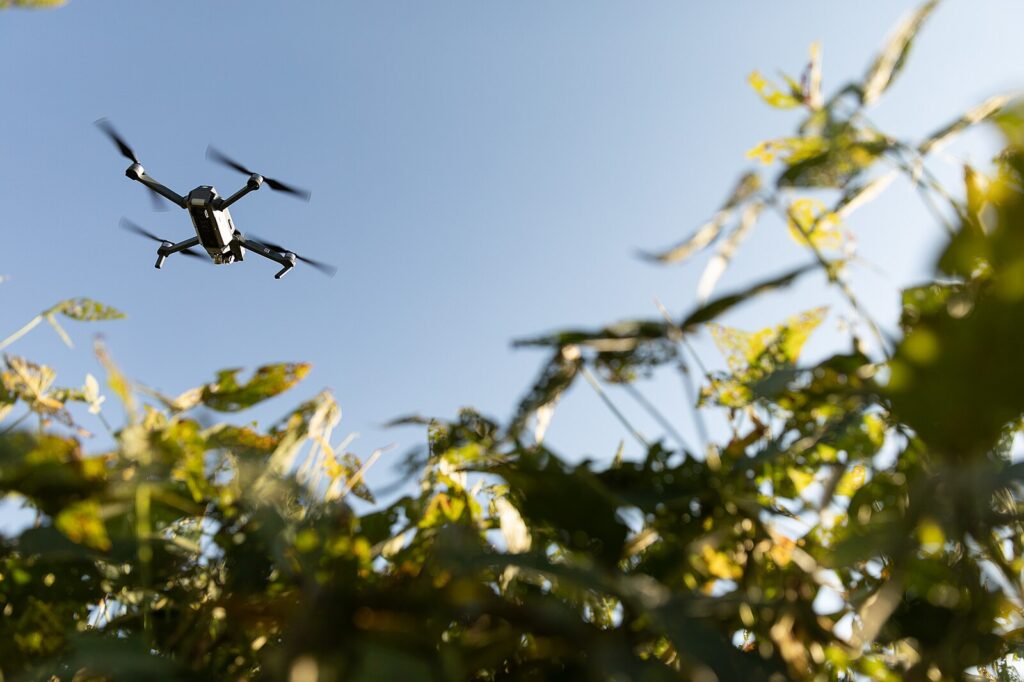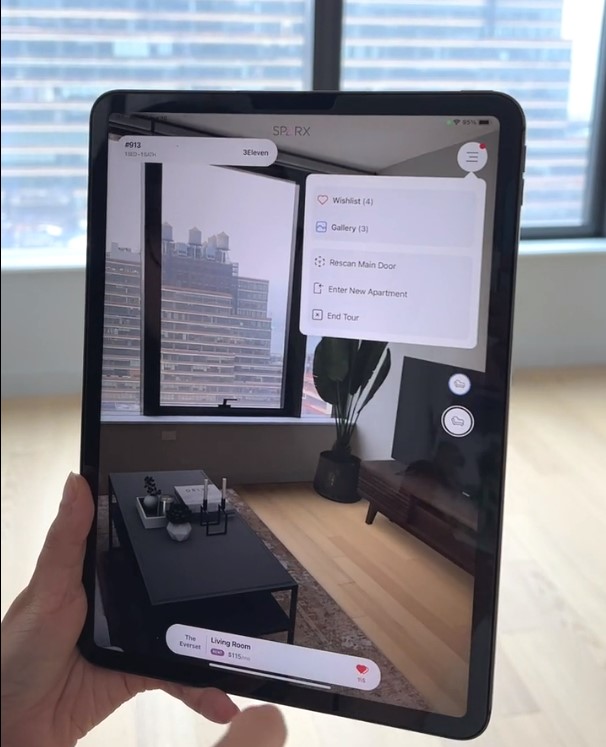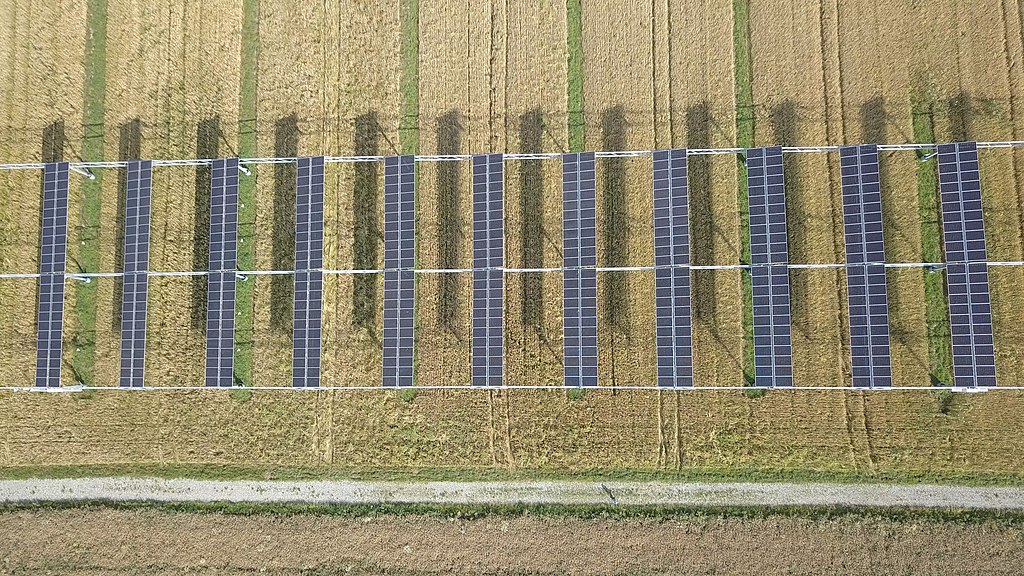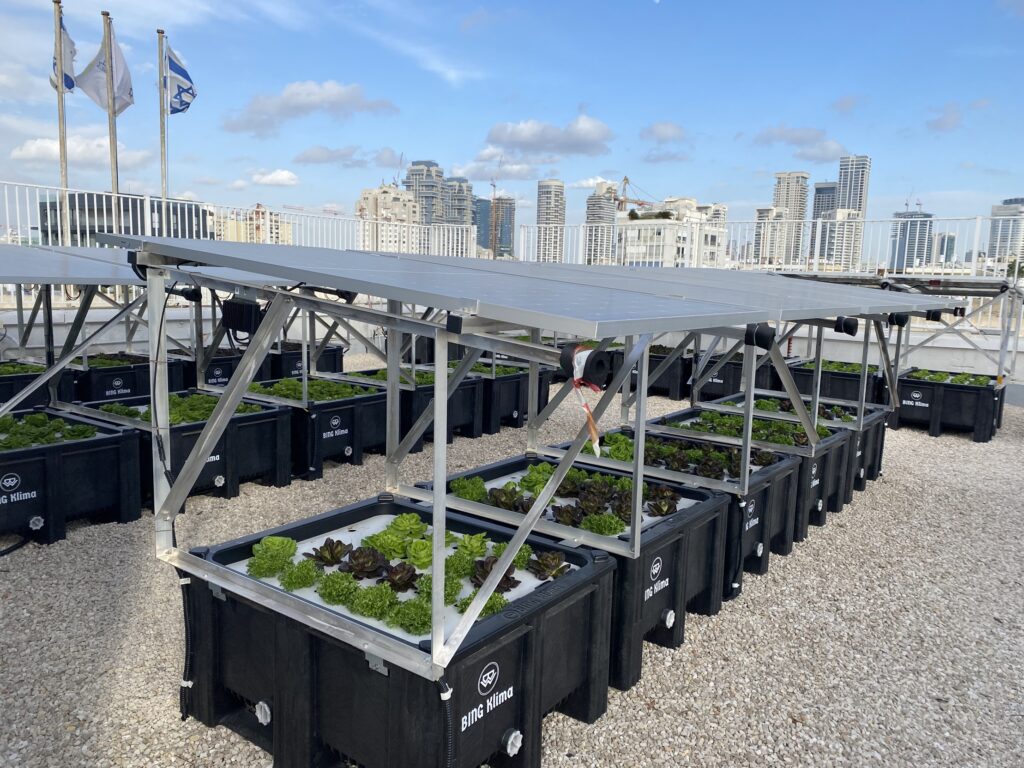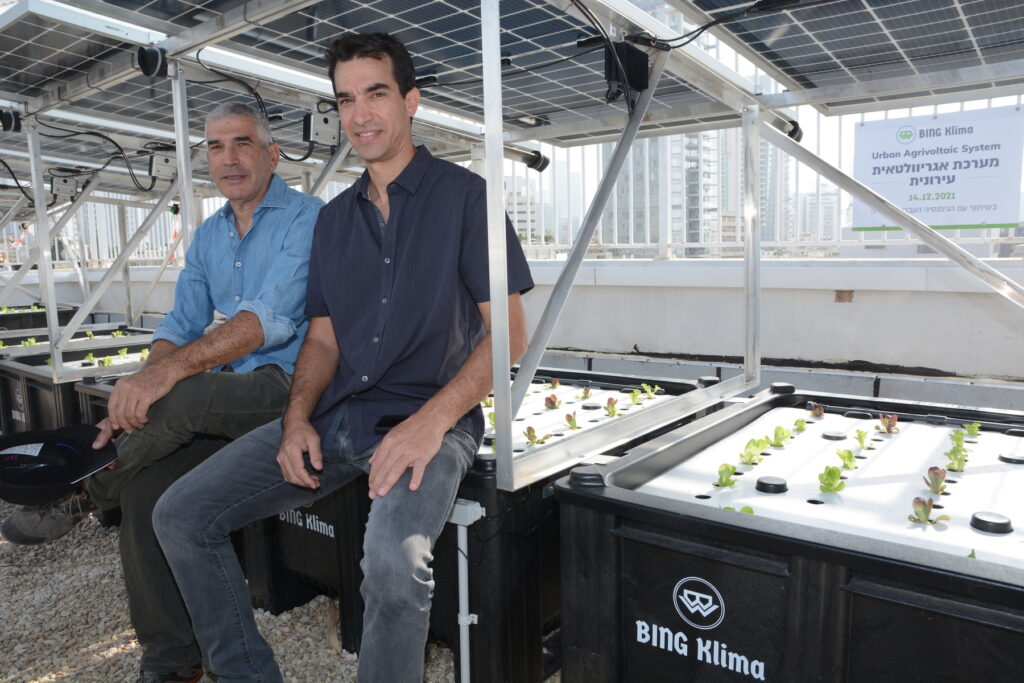The post New Project Combats Israel Hate On Social Media, Post By Post appeared first on NoCamels.
]]>A new Israeli initiative is helping social media users to identify and report posts that are harmful or contain false information as well as share content in support of the country as it enters its third week of war against Hamas in Gaza.
Millions of inflammatory and anti-Semitic posts have been circulating on social media platforms since October 7, when Hamas terrorists killed over 1,400 people in an attack inside Israel and abducted more than 200 others into Gaza. A significant amount of that content is misinformation designed to persuade people that Israel carried out crimes it did not commit, experts say.

TrendTrack – born out of an existing program to provide social groups with public data – presents a real-time list of pro- and anti-Israel content that is trending on Instagram, YouTube and TikTok. This allows users to monitor relevant posts, without forcing them to search for the content themselves.
The volunteer monitors go to the TrendTrack website and choose to view content from one of the three social media platforms. The website provides links to each relevant post and the account that posted it so that users can either like and share or report it.
The project was developed by the Bright Initiative program, which provides public bodies, non-profit organizations and academic institutions with freely available web data to help tackle pressing social issues.
Both Bright Initiative and TrendTracks are powered by Netanya-based Bright Data, the world’s largest data collection platform, which gathers massive amounts of publicly available information from around the world.
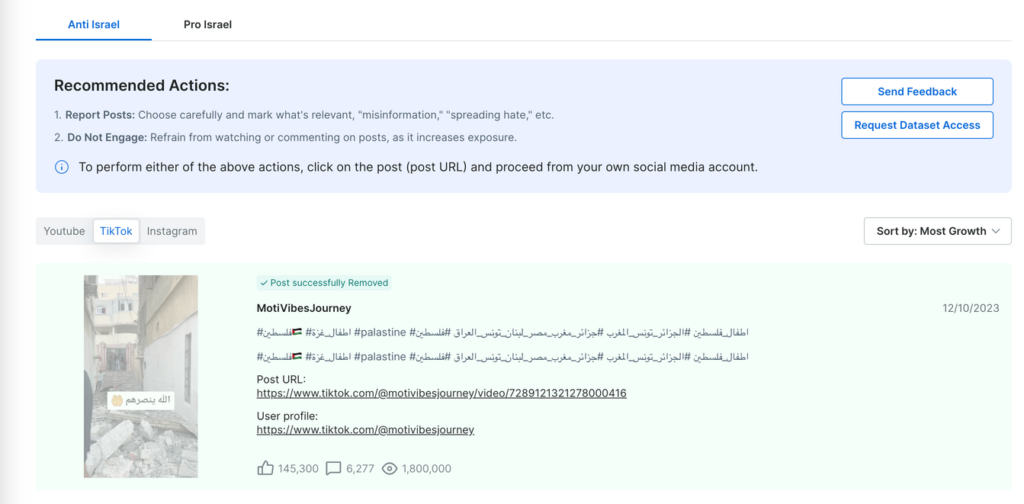
The TrendTracks lists of posts are compiled in two ways. Primarily it uses the Bright Data technology but also trawls the three social media platforms with specific keywords and hashtags related to Israel’s ongoing conflict with Hamas in Gaza.
Dana Mazia, general manager of the Bright Initiative, believes that people who use TrendTracks are crucial to helping Israel promote its message as it battles Hamas.
“We’re trying to take this data that we have to help both organizations and people like you and I play an active role in promoting Israeli advocacy during the war,” Mazia tells NoCamels.
She says that spending just five minutes a day on the TrendTracks website can help promote Israeli advocacy and make a real difference.

And though she cannot divulge much information about the initiative’s internal analytics, Mazia says that TrendTracks already has been successful at removing harmful posts, despite being live for just a little over a week.
Over the course of a single night, she says, the platform was able to detect 80,000 inflammatory posts on Instagram alone.
Identifying and removing content on social media that is hateful or contains false information is becoming more and more crucial, Israel advocates say, especially as anti-Semitic hate crimes have continued to soar worldwide with the onset of the war.
In London alone, police recorded a 1,353% increase in anti-Semitic offenses this month (October) compared to the same period last year. Anti-Semitic incidents have also been reported in Vienna, Paris, New York and Sydney, as well as other Western cities.

Beyond this, says Mazia, promoting pro-Israel content on social media is as crucial as reporting the disinformation and hate speech in order to ensure that the country maintains support around the world.
The war will not end in the near future, she points out, and the world’s attention will be drawn more to the plight of Palestinian civilians in Gaza as Israel continues to press Hamas in the coastal enclave.
“We need to know that the world understands our situation and gives us their support to protect ourselves,” says Mazia.
“For that reason we want to put the right voices out there, which means to like, comment and repost content that is supportive.”
She adds that sharing and promoting pro-Israel content will also encourage the creators of the original content to continue to do so, and even spur on others who so far been hesitant to voice support for Israel.

“We need to keep the cycle going and help them to help us,” Mazia says.
The data gathered by the TrendTracks platform is also being provided pro bono to a number of organizations, although Mazia declines to divulge which.
Some of these organizations, she says, are using this data to root out the sources of misinformation online, while others are using it for intelligence-gathering purposes.
Bright Initiative, says Mazia, believes that TrendTracks can make a meaningful contribution – alongside the other social media users and impactful organizations who flag hateful and misinformed posts about Israel and support positive content.
“We believe that this is our way to help win the war,” says Mazia.
The post New Project Combats Israel Hate On Social Media, Post By Post appeared first on NoCamels.
]]>
